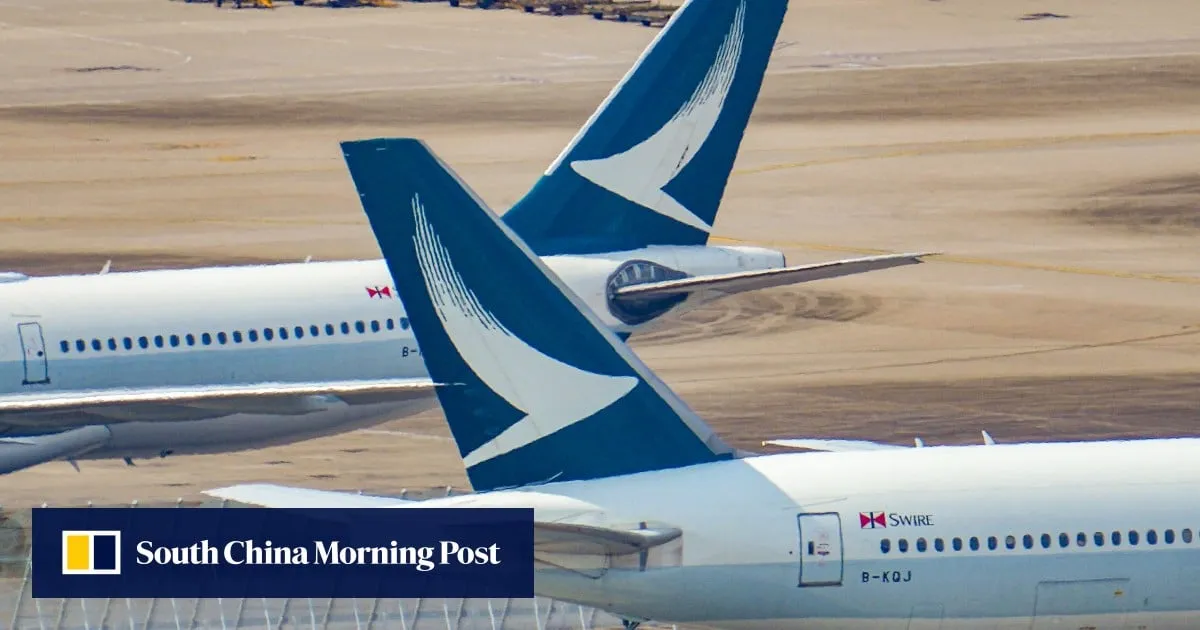Cathay Pacific Calls for Support in Transitioning to Green Aviation Fuel

Cathay Pacific's Commitment to Green Aviation Fuel
Cathay Pacific is stepping up its calls for government intervention to ease the transition to green fuel in aviation. The Hong Kong-based carrier has set an ambitious target to utilize sustainable aviation fuel (SAF) for 10% of its total fuel consumption by 2030 as part of its efforts towards achieving net-zero carbon emissions by 2050.
Challenges and Opportunities in SAF Usage
- Current SAF usage stands at a mere 0.03%, reflecting the global supply issues the industry faces.
- Policy support is crucial, with Cathay highlighting that subsidies and logistic aids could bridge the current gaps.
- Grace Cheung, Cathay's sustainability chief, emphasizes the need for a holistic government approach to foster SAF development beyond short-term goals.
The Role of Government and Future Projections
The Airport Authority of Hong Kong is tasked with formulating a proactive plan to enhance SAF usage, including the necessary sustainability standards and logistical frameworks.
- Long-term vision is vital, targeting the aviation sector's collective commitment to net-zero emissions by 2050.
- Despite aviation's minimal contribution to global carbon emissions, perceived challenges remain significant.
Benefits of Sustainable Aviation Fuel
SAF has been shown to potentially reduce life-cycle emissions by over 80%, but it currently costs much more than traditional fuels.
- Cheung is optimistic about rising SAF supply leading to lower fuel prices and, subsequently, ticket costs.
- Development of a sustainable supply chain at an industry level is essential for long-term adoption of SAF.
This article was prepared using information from open sources in accordance with the principles of Ethical Policy. The editorial team is not responsible for absolute accuracy, as it relies on data from the sources referenced.